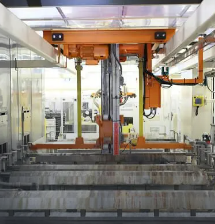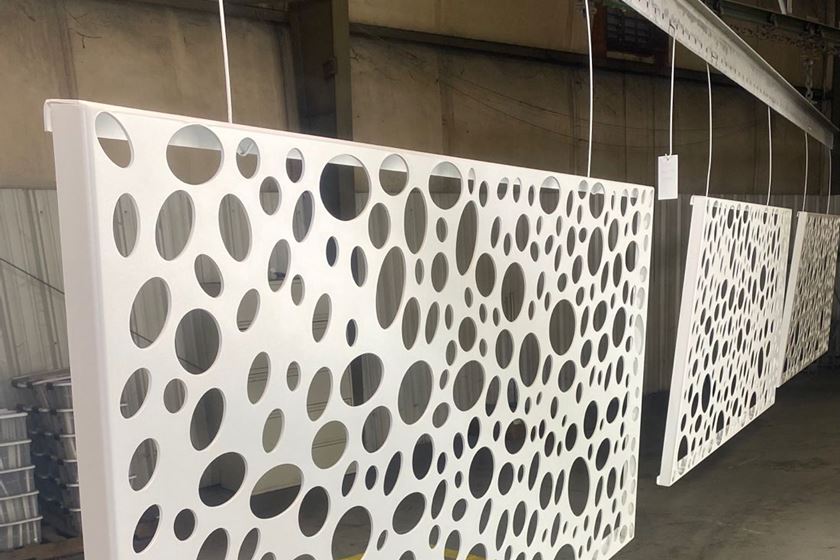A Conversation With...John Whitaker
Co-founder and Chief Scientist, Modumetal Inc.
Higher operating temperatures are one of the keys to improved diesel engine performance, better fuel efficiency and lower emissions and noise.
Higher operating temperatures are one of the keys to improved diesel engine performance, better fuel efficiency and lower emissions and noise. Seattle-based Modumetal Inc. recently received a National Science Foundation (NSF) award to develop its Thick Thermal Barrier Coating (T-TBC) technology, which is expected to enable higher operating temperatures and protect against abrasion and temperature-accelerated degradation.
The project, led by Dr. John Whitaker, involves specific application of a novel, nanolaminated T-TBC for insulation of critical engine components such as piston crowns, valve faces, and cylinder heads. We recently caught up with Whitaker for a quick chat about the research.
Tell us about the T-TBC project you're working on.
J.W: The hotter an engine can run, the higher the efficiency it can attain. But engines are limited in maximum operating temperature due, in part, to the temperature limits of their materials of construction. As such, there has been a push for engines materials that can operate at higher temperatures.
One approach to resolving this issue is to coat critical engine components with a nanolaminated coating to protect and insulate the underlying metal.
The degree of protection increases with coating thickness, but typically so too does coating fragility. So there's a significant incentive to develop a way to produce ceramic coatings that are both thick and tough, and to do so at industrially relevant scales.
Modumetal won an NSF grant for this research. What aspects of the work played a part in the decision?
J.W: While I can't speak for NSF, I expect that our patented process for producing nanolaminated materials weighed heavily in the decision to fund this technology. Modumetal has developed a scalable, non-line-of-site production process capable of controlling fine, nanoscale architectures. It is based on electrochemical deposition processes and can be scaled cost-effectively by leveraging the existing infrastructures of the electroplating and electroforming industries. This helps to minimize commercialization risks.
We have also teamed with university researchers who have extensive experience in microstructural evaluation and thermal barrier coating testing. The weight of their experience in this effort definitely played an important role in the award.
Finally, the economical implications of enhancing the efficiency and life of diesel engines would have dramatic and positive economic repercussions across multiple sectors. While the research has implicit risk, the potential economic and environmental rewards that could be realized make the risk well worth taking on.
Are there other applications for this technology?
J.W: Most definitely. Thermal barrier coatings are needed in other areas besides the interiors of engines—for example, as protective coatings on parts of vehicles exposed to hot exhaust gases and in power turbines, as a means to extend the life and operating temperature of major elements of energy conversion systems. The need for higher efficiency and longevity in engine and power systems is pervasive across a number of industries, including transportation, power and defense.
Do you have other projects on the horizon? What do you want to work on next?
J.W: Modumetal is targeting a number of applications of thermal barrier coatings in addition to the diesel engine application that is the target of this project. We are working closely with partners in this industry on the applications that I've mentioned above, namely transportation, power and defense.
Is there anything you'd like to add?
J.W: Our company is fundamentally changing the way materials are designed by leveraging phenomena that occur at material interfaces, and by making it possible to manufacture nanoscale materials cost-effectively at scale. Thermal barrier coatings are an exciting application of this unique technology, but are only one of many applications that researchers and product engineers at Modumetal are pursuing.















